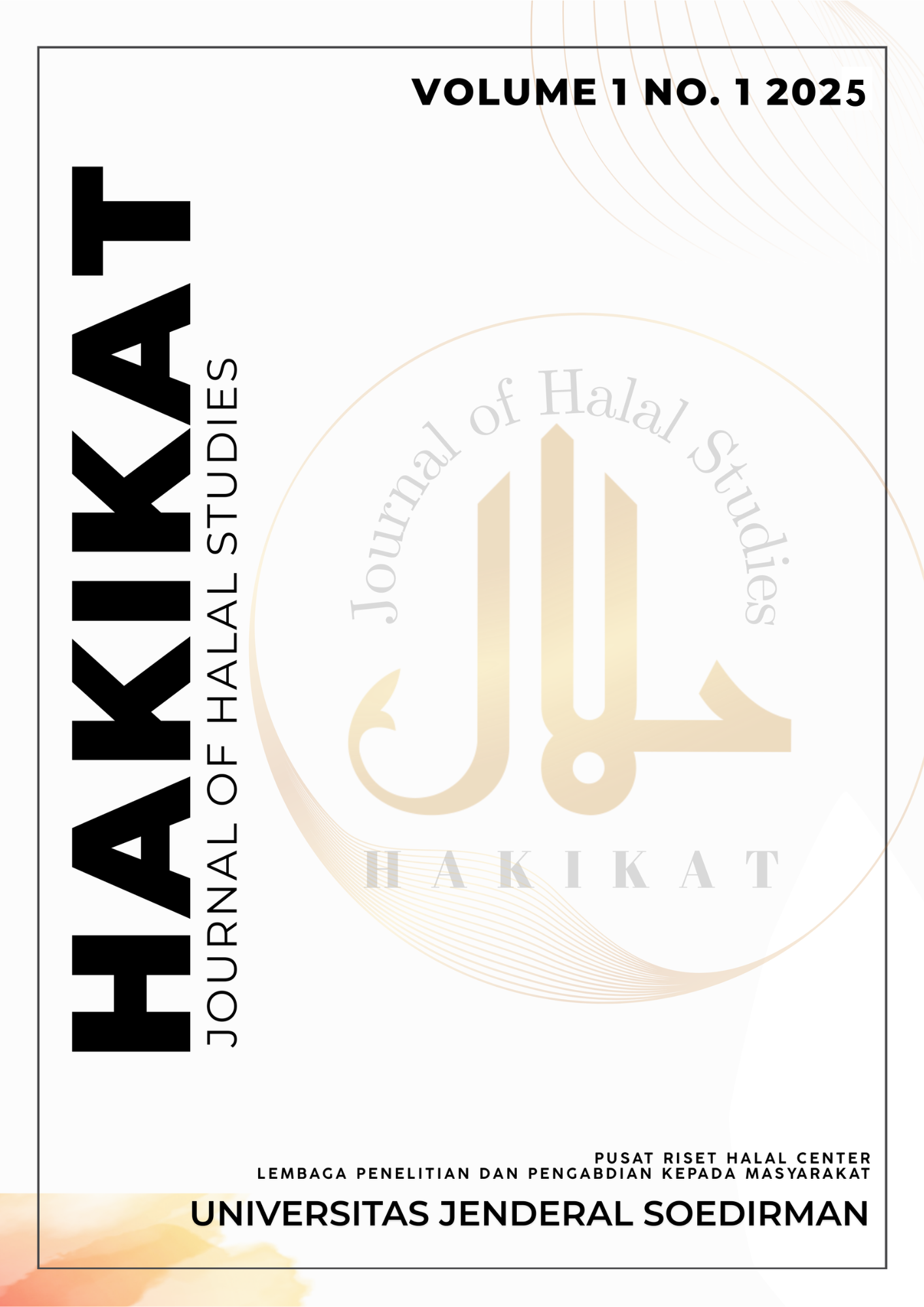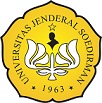Pemodelan Proses Bisnis Rantai Pasok Kantin Halal Soedirman Berbasis SCOR 12
Abstract
The supply chain is one of the factors in the industrial system that affects consumer satisfaction. Based on SCOR 12.0, the six supply chain element factors are as follows: 1) plan, 2) source, 3) make, 4) deliver, 5) return, and 6) enable (management). The purpose of this research is to investigate the supply chain business process at the Soedirman Halal Canteen, a canteen that is situated on the campus of Jenderal Soedirman University, Purwokerto, and is managed by the Halal Center. The investigation was conducted at the Soedirman Halal Canteen in Purwowerto from 2023 to 2024. Data collection and processing involves the following stages: 1) literature review pertinent to the subject matter, 2) interviews and observations of supply chain stakeholders, 3) identification of business processes, and 4) analysis of the primary and supplementary supply chain business processes. 5) business process modeling and 6) evaluation of business process models. Five of the six supply chain indicators outlined in SCOR 12.0 are implemented in the business process of the Soedirman Halal Canteen. There is no product return process at the Soedirman Halal Canteen, as the canteen has never received product returns during its operation. In comparison to the supply chains of national-scale corporations, the Soedirman Halal Canteen, a campus canteen, has a shorter system and fewer actors. There are three types of actors in the supply chain: suppliers, canteen entrepreneurs (managers and staff), and consumers. The canteen engages in supply chain activities such as procure-to-pay and quota-to-order.
References
Arif, M. (2018). Supply Chain Management. Deepublish, Yogyakarta.
Dumas, M., Rosa, M. La, Mendling, J., & Reijers., H. A. (2018). Fundamentals of Business Process Management (2nd ed.). Berlin: Springer Berlin.
Hende, R. Y. L., Setiawan, N. Y., & Mursityo, Y. T. (2018). Perancangan Perbaikan Bisnis Proses Menggunakan Metode Business Process Improvement Pada Layanan Penerbitan Majalah (Studi Pada PT. East Java Liberty Coy). Jurnal Pengembangan Teknologi Informasi Dan Ilmu Komputer, 2(3), 1328–1336.
Hidayat, H. H., Wijayanti, N., & Situmorang, S. C. D. U. B. (2023). Analisis Titik Krisis Kehalalan Soto Sokaraja. Jurnal Teknologi Industri Pertanian, 17(4), 793–802.
Irtyshchevaa, I., Stehneib, M., Popadynetsc, N., Danilo, S., Rogatinae, L., Bogatyreva, K., Boikoa, Y., Hryshynaa, N., Ishchenkoa, O., & Voit, O. (2020). Business Process Management in the Food Industry under the Conditions of Economic Transformations. Management Science Letters, 10, 3243–3252.
Izze, D. H. (2016). Analisis Kinerja Manajeman Rantai Pasok di Kentucky Fried Chicken (KFC) Malang dengan Metode Supply Chain Operations Reference (SCOR) (Studi Kasus : Layanan Delivery Order di Kentucky Fried Chicken Jalan Kawi Atas No. 36 Malang).Skripsi, Universitas Brawijaya, Malang.
Kusrini, E., Caneca, V. I., Helia, V. N., & Miranda, S. (2019). “Supply Chain Performance Measurement Using Supply Chain Operation Reference (SCOR) 12.0 Model : A Case Study in A Leather SME in Indonesia. IOP Conference Series: Materials Science and Engineering, Vol. 697, 1–10. https://doi.org/DOI 10.1088/1757-899X/697/1/012023
Lau, H., Nakandala, D., & Shum, P. K. (2018). A business Process Decision Model for Fresh-Food Supplier Evaluation. Business Process Management Journal, 24(3), . 716-744.
Martono, R. V. (2019). Dasar-dasar Manajemen Rantai Pasok. Jakarta: Bumi Aksara.
Nguyen, T. A. T., Nguyen, T. L., Nguyen, Q. T. T., Nguyen, K. A. T., & Curtis, M. J. (2023). Measuring Supply Chain Performance for Khanh Hoa Sanest Soft Drink Joint Stock Company: An Application of the Supply Chain Operations Reference (SCOR) Model. Sustainability (Switzerland), 16057. https://doi.org/https://doi.org/10.3390/ su152216057
Rajaratnam, D. (2022). An Investigation of Airline Catering Supply Chain Processes, Performance and Practices using SCOR Model. Thesis, University of Hertfordshire.
Rantaningtyas, A. H., Qurtubi, Kusrini, E., & Fariza, R. (2022). Analysis of Halal Supply Chain Management in Fried Chicken Restaurant Using Supply Chain Operations Reference (SCOR) 12.0. Journal of Industrial Engineering and Halal Industries (JIEHIS), 3(1), 20–25.
Shroff, A., Shah, B., & Gajjar, H. (2022). Online food delivery research: A systematic literature review. International Journal of Contemporary Hospitality Management, 34(8), 2852–2883.
Singhdong, P., & Weerapong, P. (2024). SCOR Model Factors Affecting the Success of Food Delivery Business in Thailand. Asian Administration and Management Review, 7(1), 31–42. https://doi.org/10.14456/aamr.2024.4
Sriwana, I. K., Hijrah, N., Suwandi, A., & Rasjidin, R. (2021). Pengukuran Kinerja Rantai Pasok Menggunakan Supply Chain Operations Reference (SCOR) di UD. ANANDA. JISI: Jurnal Integrasi Sistem Industri, 8(2), 13–24. https://doi.org/https://dx.doi.org/10.24853/jisi.8.2.13-24
Zulfakar, M. H., Anuarb, M. M., Ab, M. S., & Talibc. (2014). Conceptual Framework on Halal Food Supply Chain Integrity Enhancement. Procedia - Social and Behavioral Science 121, 58 – 67.











